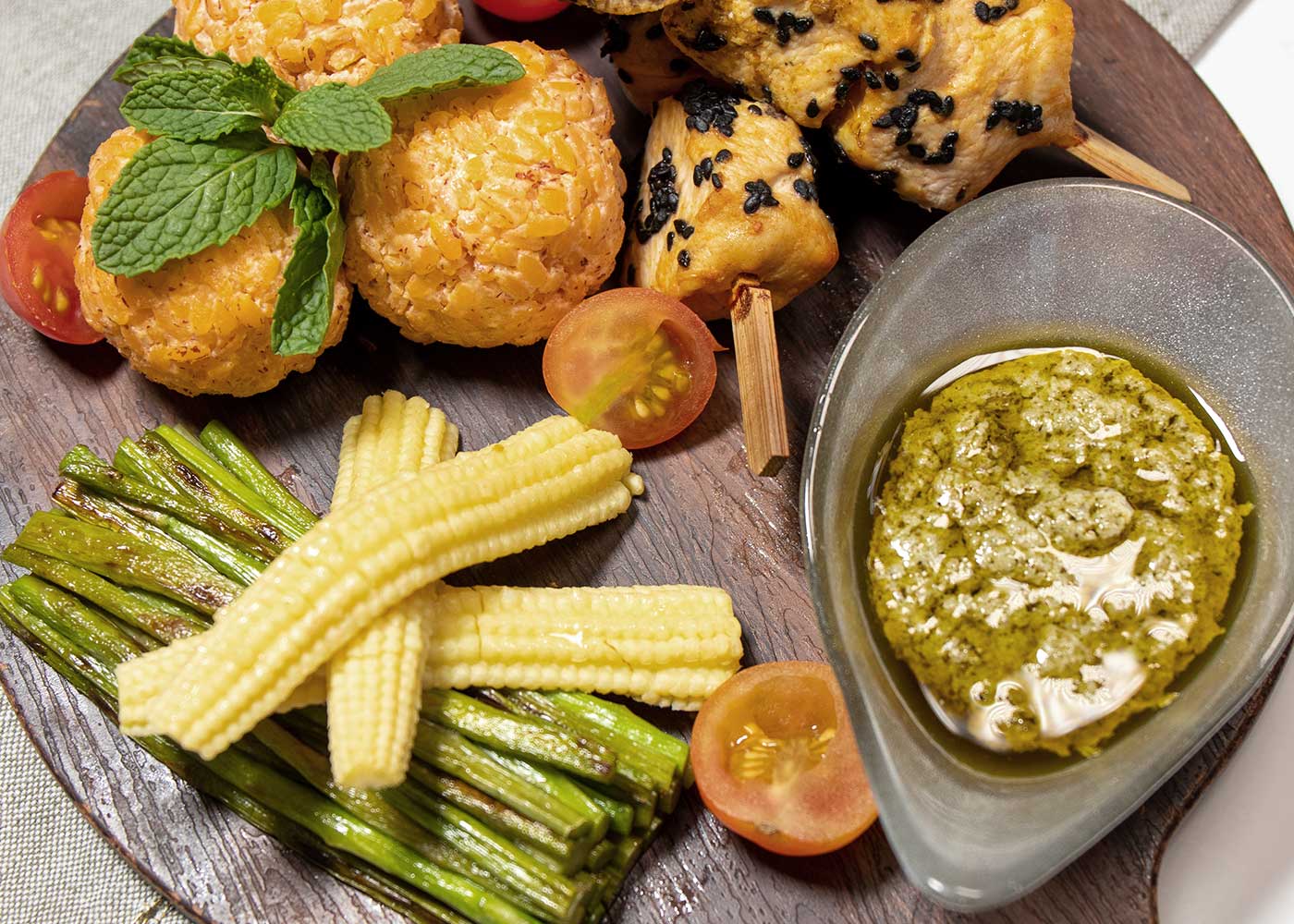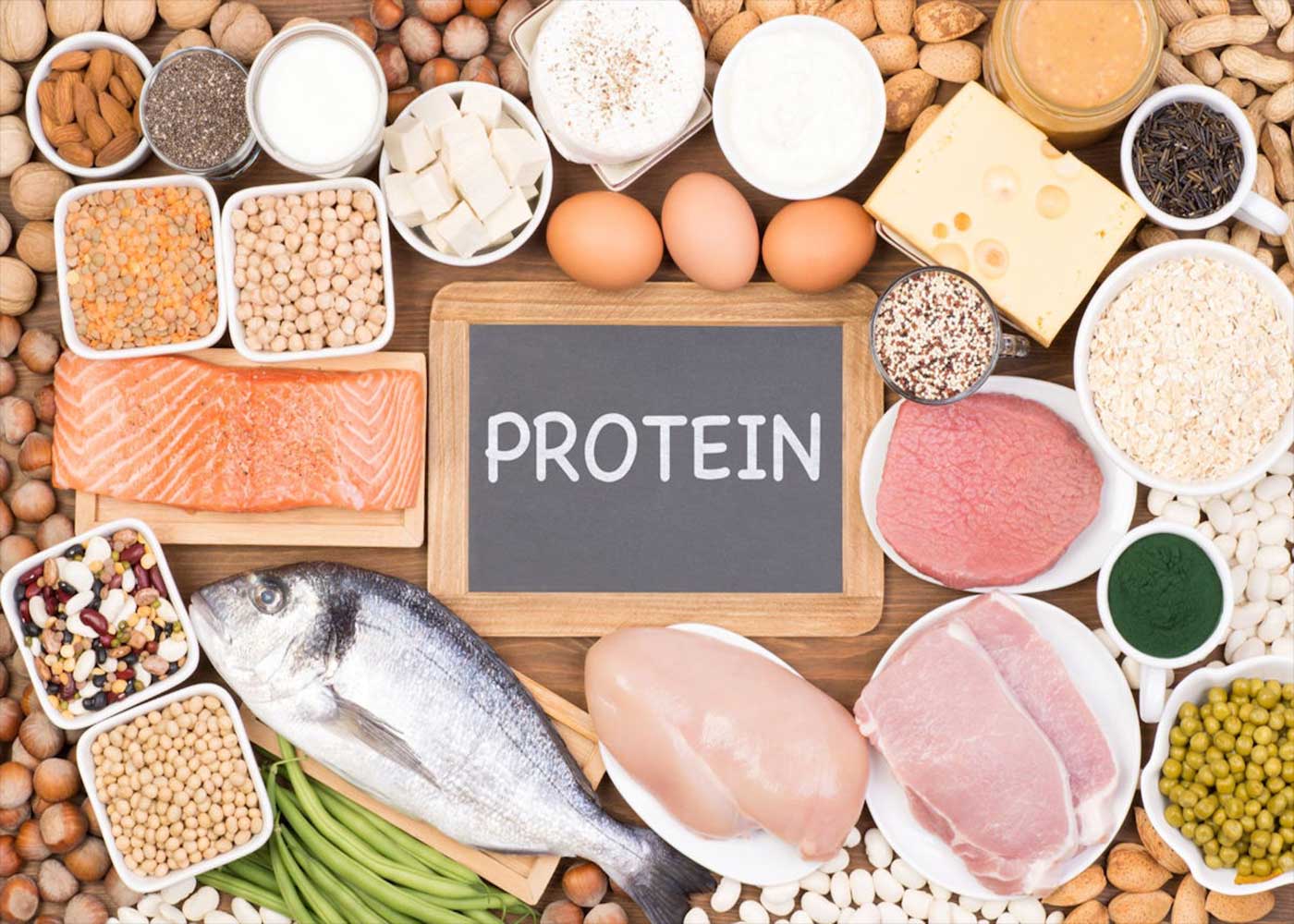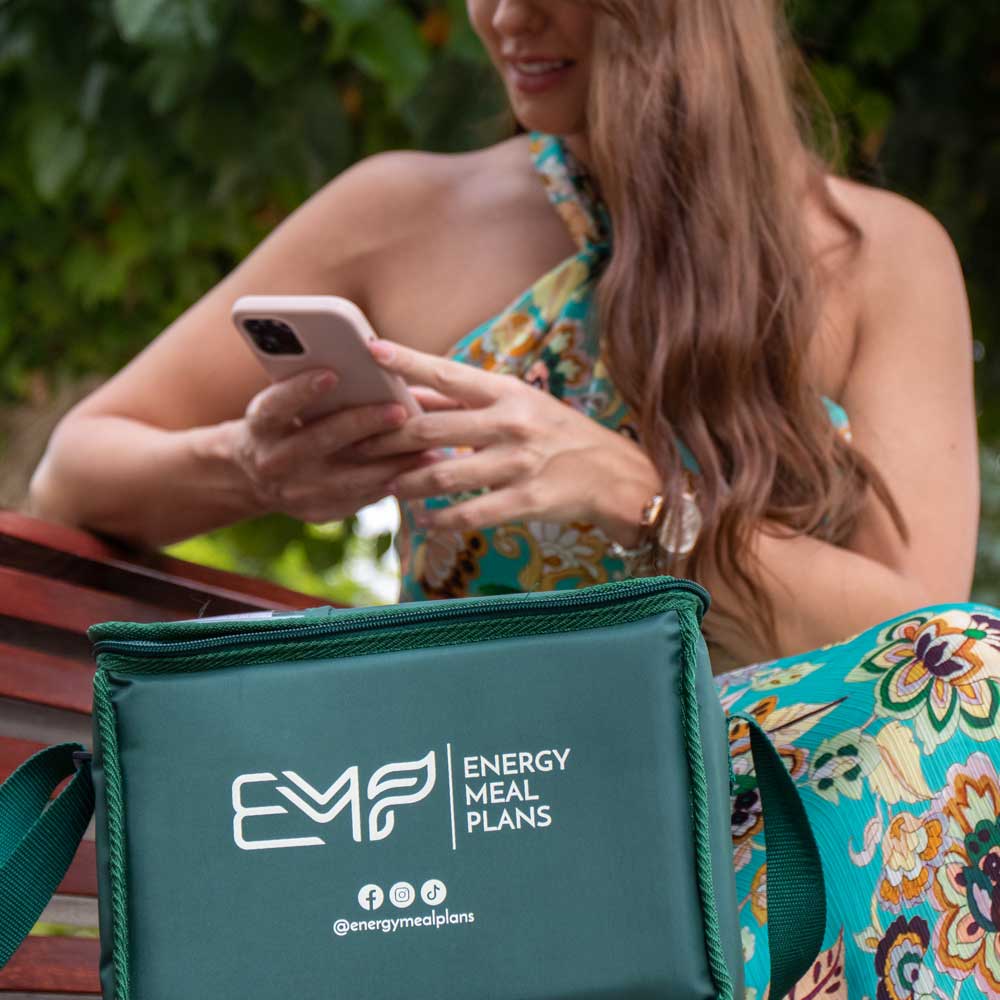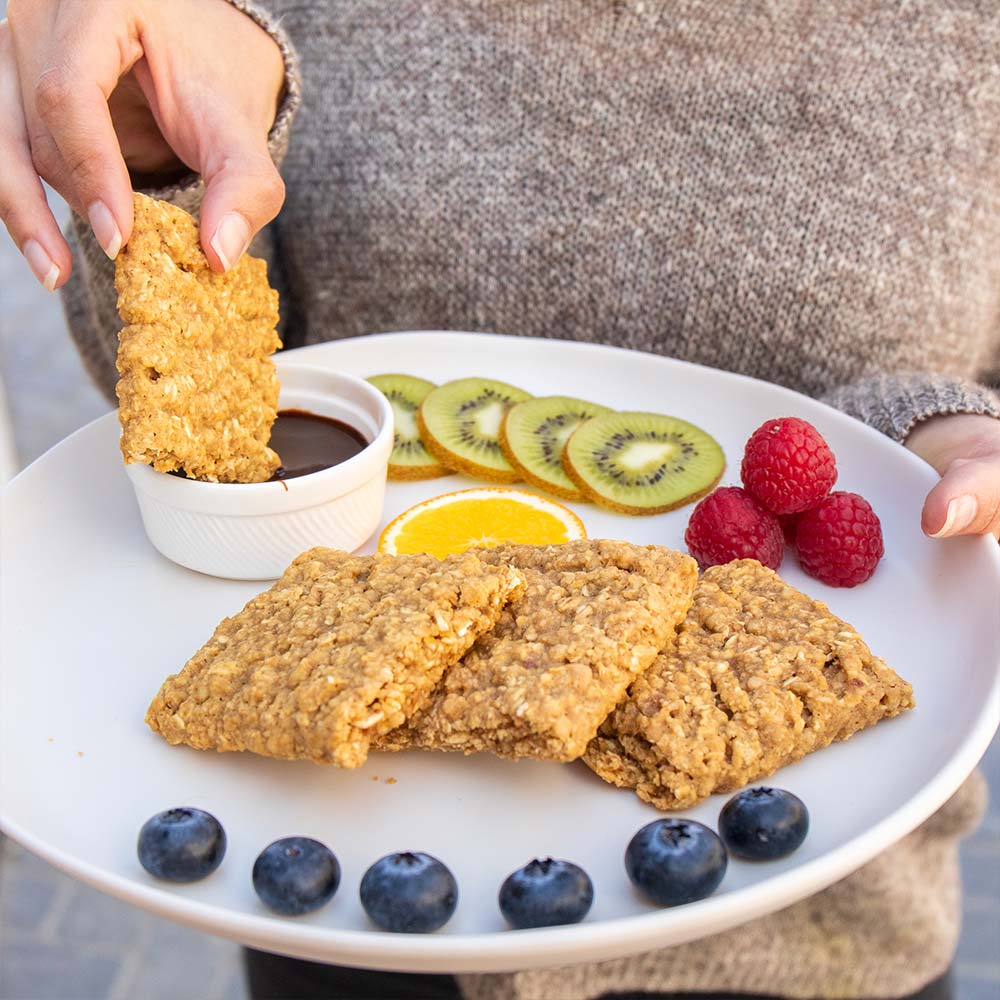It is equally prudent to design a perfect 1,500 calorie meal
plan that can assist in managing both weight gain and loss while following the
recommended dietary intake. The main strategy here is portion control of meats
and proteins, healthy fats, and complex carbohydrates. It is always comforting
to know that you are on a low calorie diet whether you are on a weight loss
program or you are bogged down in the task of following a healthy diet regime.
Therefore, in this post, we will explain in detail every step to follow when
creating a 1500-calorie meal plan that works for you. For those who are still
intending to have a very low calorie
meal plan in Dubai, the below tips will guide you on how to develop the
meal plan and implement the necessary changes as desired.
1. Macronutrient ratios for optimal nutrition
When creating a low-calorie meal plan, it’s important to
ensure that you’re getting the right balance of macronutrients: Protein, fats
and carbohydrates are the macronutrient categories. All of the macronutrients
serve different functions for your metabolism, muscle preservation, and energy.
Protein: The Key to Satiety and Muscle Preservation
- It is recommended that on average about 20-30 per cent of the
daily caloric intake be consumed in the form of protein. For a 1,500-calorie
diet, the range of protein requirement is about 75 to 112 grams of protein per
day.
- Protein can be obtained from lean meats such as chicken breast, turkey, fish, eggs, and processed meats such as sausages and bacon, among others Ferritin is found in lentils, chickpeas, tofu, and other plant-based products.
- This food ensures that one does not take many snacks in
between meals, is beneficial when in a weight loss process, and assists in
building muscles which is important when weight loss is the objective.
Healthy Fats: Fuel for your Body.
- Add fats in a reasonable proportion while a portion of the
daily calories should be 20-30% or 33-50 grams per day.
- Choose foods such as avocados, olive oil, nuts and seeds,
and fatty fish such as salmon. From there, we get essential fatty acids and
they also bring about the feeling of fullness.
They are helpful in the absorption of certain vitamins and
give the body energy that is sustained and not in a rush like sugars would.
Carbohydrates: Energy and Fiber
- Complex carbohydrates from whole grains, vegetables, and
fruits are preferred. These should provide 40-50% of your daily calorie needs,
or 150-187 grams of carbohydrates daily.
- Options such as quinoa, oats, sweet potatoes, brown rice,
broccoli, and spinach should be taken.
Carbohydrates are the fuel that your body uses to carry out
its daily functions and are stored in the forms of glycogen and fat. Selecting
those carbohydrates which are rich in fiber enables proper digestion and
reduces hunger periods.
2. Plan Meals and Snacks for Steady Energy
Dividing your day into breakfast, lunch, dinner, and 1-2
snacks is also useful for regulating one’s energy levels and avoiding
overeating. Several tactics can help you follow a low calorie meal plan while
still avoiding hunger throughout the day and minimizing the temptations to
cheat.
Sample 1,500-Calorie Meal Plan:
Breakfast (350-400 calories)
- Fried eggs with spinach and tomatoes (2 eggs, measured
spinach for a handful, ½ tomato)
- 1 slice of whole-wheat bread with a spoonful of guacamole
- 1 small portion of fruits such as apple or orange
This breakfast is packed with lean protein, heart-healthy
fats, and fiber, making it the perfect start to your day and very filling for
the busy day ahead.
Lunch (400-450 calories)
- Chicken breast grilled, seasoned with a little oil and salt
approximately 120g
- On this diet, an individual is allowed to take 1 cup of
quinoa or brown rice.
- The side dish is mixed greens with cucumbers, bell peppers,
and a light olive oil dressing.
This meal provides protein which is right for use as fuel,
carbohydrates for sustained energy, vitamins, and fiber from the vegetables.
Afternoon Snack (100-150 calories)
- Greek yogurt (100g) served with chamomile tea and topped
with chia seeds
- It would be ideally between 10 and 12 almonds.
This snack is ideal for preventing hunger pangs around 3 pm
and provides protein as well as healthy fats to the body.
Dinner (400-450 calories)
- Grilled salmon (120g) with a combination of steamed
vegetables such as broccoli, carrots, and zucchini.
- 1 small sweet potato or 1 cup of quinoa
- Adding olive oil over the vegetables for seasoning.
Intake of more of Omega three fatty foods such as fish,
especially salmon can be taken during dinner with fibrous vegetables and a tiny
proportion of carbohydrate food.
Evening Snack (50-100 calories)
- 1 serving of dark chocolate with at least 70 per cent cocoa
solids or 1 bowl of berries.
This little treat ensures that you take something sweet
before you sleep without having to worry about gaining a few inches around the
belly.
3. Control Portions Without Feeling Deprived
Another key concept in a weight loss meal plan is portion
control which does not necessarily have to result in sacrificing tasty meals.
Selecting nutrient-rich low-Kcal foods lets you consume bulky quantities
without crossing your set Kcal limit.
Tips for Effective Portion Control:
- Portion sizes can be manipulated to look larger by serving
food in miniature plates to avoid overindulgence.
- Make vegetables take at least half of your plate since they
have low calorie density, but are bulky and full of nutrition. The remaining
half should be divided between lean protein and complex carbohydrates.
- Use measuring cups or spoons when you are a beginner in
cooking. This assists in making you understand and perhaps visualize how much
chicken, in this case 150g, or olive oil, a tablespoon, is okay to take.
In this way, it is easy to adhere to the ideal caloric
intake without making significant sacrifices in serving sizes.
4. Stay Hydrated and Avoid Empty Calories
People rarely pay much attention to drinking water when
making meals; however, water helps the body to function properly, assists in
digestion, and helps to avoid overeating. This is because in some cases, one
might feel hungry due to thirst hence getting to food and snacks instead of
water.
Hydration Tips:
- Take at least 8 glasses of clean water or more concerning
your level of activity during the day.
It is also worthwhile to turn down sweetened beverages and
alcoholic drinks as they contribute to additional calories in the daily meal
plan but do not deliver complete nutrition.
5. Tips for Having More Flexibility with Your Meal Plan
Flexibility is a basic factor that must be pursued when
composing a diet for gaining weight with 1,500 calories a day. Of course, life
happens, and it is not always possible to adhere to a strict schedule and
follow an exact plan. However, you should develop a plan through which you can
substitute regular ingredients or even meals without affecting your calorie
balance.
How to Keep Your Plan Flexible:
1. Prepare in batches: Prepare meals for the week in advance
and portion them out to reduce preparation time and maintain portion control.
2. Plan for dining out: If you understand that you are going to
consume food at a restaurant, try to study the menu earlier and pick dishes
which are most suitable for your daily calorie and macronutrient intake.
Grilled proteins, salads, and steamed vegetables should be considered as safer
choices.
3. Swap ingredients: If you are out of one of them, use another
product with similar energy value and nutrient density. For instance, instead
of using chicken breast, try using turkey, and instead of quinoa, use brown
rice.
Flexibility enables you to sustain your low-calorie meals in
Dubai without a feeling of deprivation thus achieving your goals.
Conclusion:
Never let it be mistakenly assumed that putting a
1500-calorie Meal Plan that works into practice is a complicated ordeal. With
proper macronutrient distribution, following meal planning techniques, choosing
foods that promote satiety and properly distributing the use of your calories,
it is possible to effectively start a meal plan that will work for weight loss.
Energy Meal Plans is a service that offers customised meal
plans for low-calorie diets in Dubai, allowing clients to have meals that suit
their lifestyle and health goals without having to compromise on taste or
portion size.






























